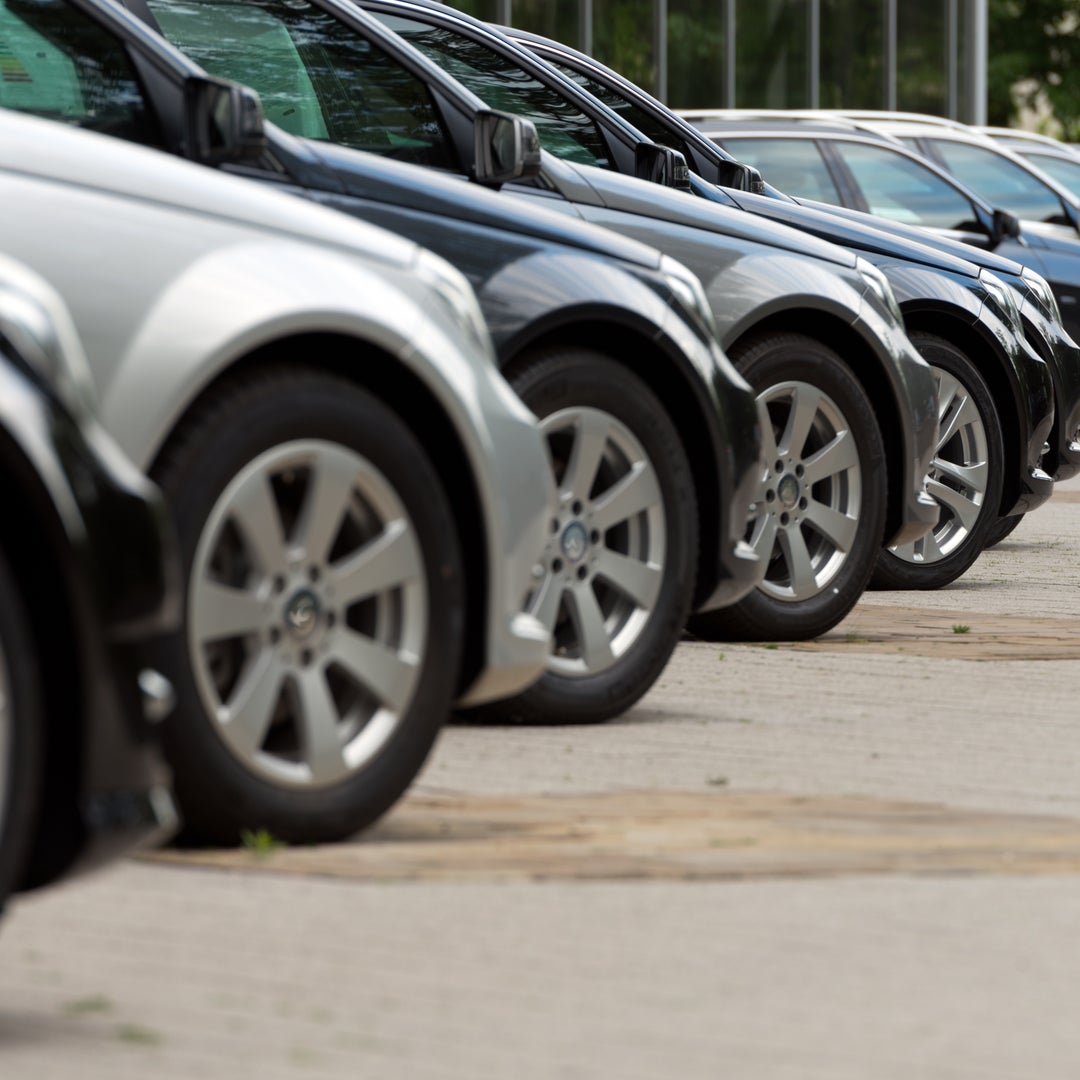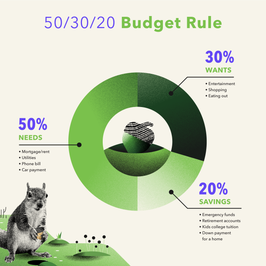5 High Mileage Cars (Plus How to Make Your Vehicle Last)

When it comes to car shopping, buyers do not have the upper hand. The average price of a new car was $47,000 in December 2021, according to Kelley Blue Book, up 14% from the previous year. And the average price of a used car hit $28,205, up 28%.
With prices this high, it’s important to buy a vehicle that will last and some car models are more reliable than others. Toyota vehicles and truck-based SUVs are more likely to reach 200,000 miles, according to a new study by automotive research firm iSeeCars.com. Of the 10 vehicles the study lists to be most reliable, six are Toyotas.
Whether you have one of the cars on the iSeeCars list or not, there are ways to ensure your vehicle makes it to 200,000 miles or even 300,000 miles, says Scotty Reiss, founder of the site A Girl’s Guide to Cars. “The secret to getting that mileage is regular maintenance and care,” she says.
Top 5 High Mileage and Reliable Cars
Here are the top five most reliable models, according to the study, and how to get the most miles out of your car.
1. Toyota Land Cruiser
Percentage of cars that reach 200,000 miles: 18.2%
2. Toyota Sequoia
Percentage of cars that reach 200,000 miles: 14.2%
3. Chevrolet Suburban
Percentage of cars that reach 200,000 miles: 6.6%
4. GMC Yukon XL
Percentage of cars that reach 200,000 miles: 5.2%
5. Toyota 4Runner
Percentage of cars that reach 200,000 miles: 4.6%
How to make your car go the distance
Cars with larger engines tend to last longer, Reiss says, which is why many cars on this list are SUVs. “Unless you are towing something heavy or really putting it through the paces of hard work, you’re probably never going to challenge that engine to what it’s capable of,” she says.
No matter how big your engine is, maintenance is key to drawing out the life of your car, she adds: “Regular oil changes and keeping the fluids where they should be is really the secret to a long life.”
Look up your car model and see how often you need to get your oil changed, as it might vary from model to model. Many car manufacturers suggest getting a vehicle’s oil and filter changed every 3,000 to 5,000 miles for conventional oil and every 7,500 to 10,000 miles for synthetic oil. When the mechanic changes the oil they will also look to see what other fluids need to be replaced.
Overall, you want to be attentive and observant.
Pay attention to your brake pads as those can get worn down quickly if you live in a hilly area, and be sure to replace your tires every five to six years.
Watch for any odd noises, Reiss says, as those could be evidence that a part needs to be replaced or fixed.
This material has been presented for informational and educational purposes only. The views expressed in the articles above are generalized and may not be appropriate for all investors. The information contained in this article should not be construed as, and may not be used in connection with, an offer to sell, or a solicitation of an offer to buy or hold, an interest in any security or investment product. There is no guarantee that past performance will recur or result in a positive outcome. Carefully consider your financial situation, including investment objective, time horizon, risk tolerance, and fees prior to making any investment decisions. No level of diversification or asset allocation can ensure profits or guarantee against losses. Article contributors are not affiliated with Acorns Advisers, LLC. and do not provide investment advice to Acorns’ clients. Acorns is not engaged in rendering tax, legal or accounting advice. Please consult a qualified professional for this type of service.








